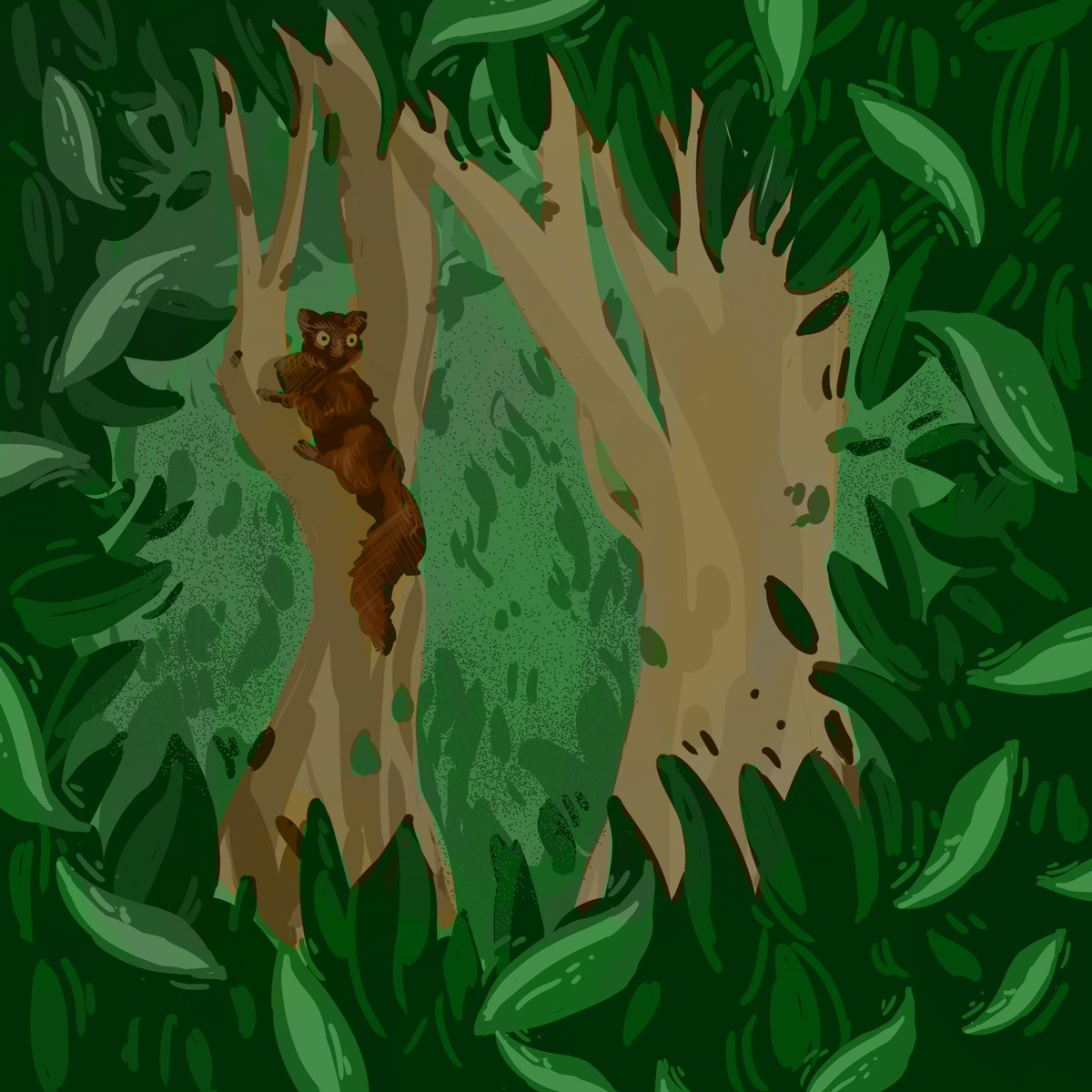Researchers from three academic institutions, including The University of Texas at Austin, released a study on Sept. 20 detailing the discovery of two new species of prehistoric primates resembling modern-day lemurs.
UT-Austin, Des Moines University and Midwestern University researchers found the two new types of prehistoric lemur-like primates, called omomyids, using extensive fossil records from the Tornillo Basin in West Texas and the Uinta Basin in Utah. The new discoveries, published in the Journal of Human Evolution, solidified previous research on omomyids that inhabited the regions.
Chris Kirk, UT anthropology professor and one of the study’s primary authors, said the findings are the culmination of over 15 years of on-the-ground excavations and research. When Kirk first started making expeditions into the West Texas area in the 2000s as an assistant professor, he said his team found few primate fossils.
“We would collect sometimes thousands of fossils, and if we were lucky, two or three of them would be primates,” Kirk said. “I’d find a single tooth and maybe a fragment of a jaw with two teeth. That’s what I’d have in January of 2007.”
After many years of digging through dirt, Kirk said he and other researchers began to notice something peculiar.
“Many of these fossils that I (was) finding (were) completely different from the fossils that had already been described from these sediments in this part of West Texas,” Kirk said.“I was led inexorably to the conclusion that I’m finding new species of primates.”
After three years of studious research, while being “holed up” during the pandemic, Kirk and his team finally published their research. Kirk said he hopes these discoveries will influence the research of future archeologists and paleontologists working in Texas.
“I love the fact that I get to do scientific research in my home state,” Kirk said. “There’s so many interesting paleontological questions to answer, right here in Texas.”





















